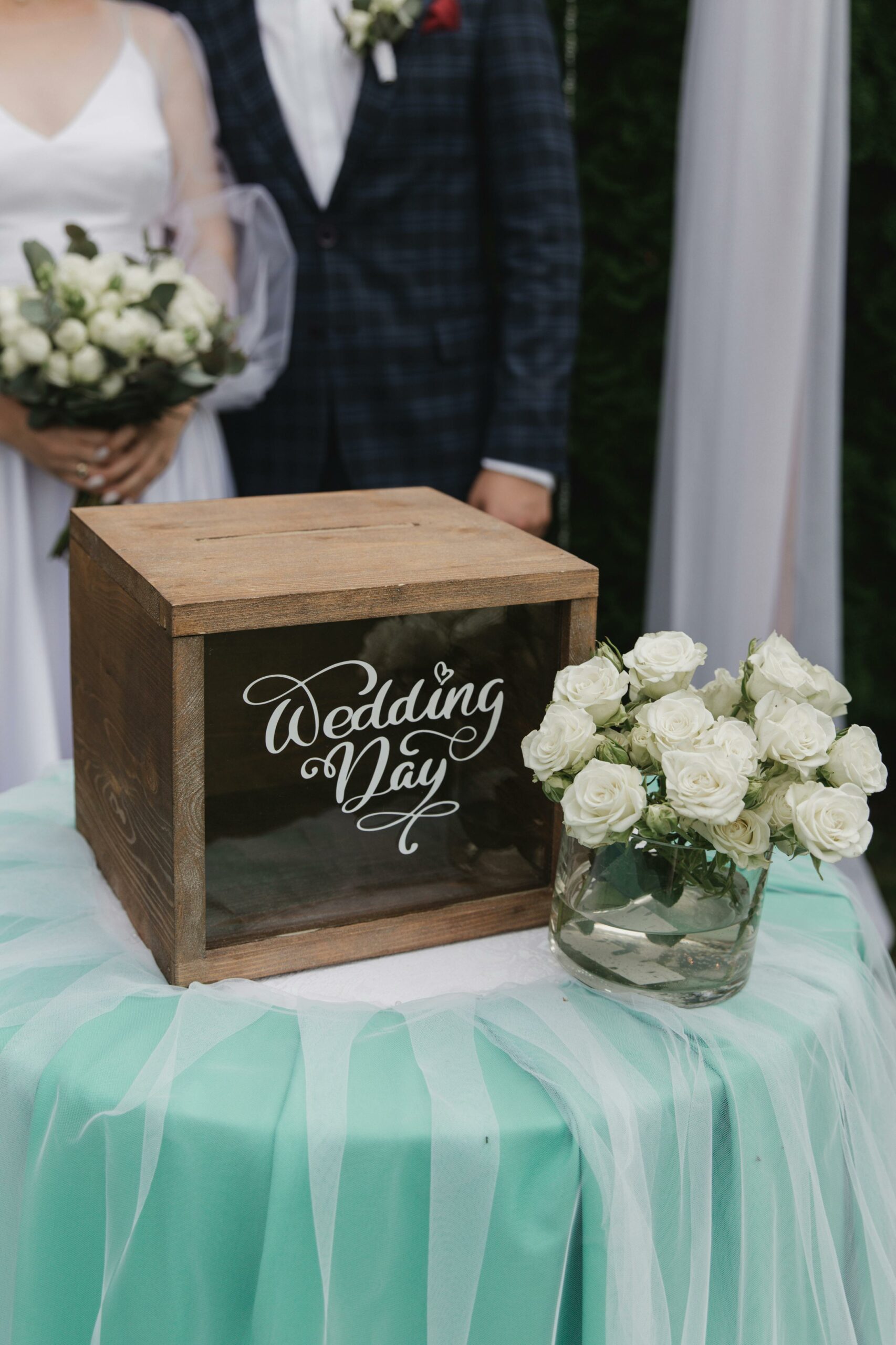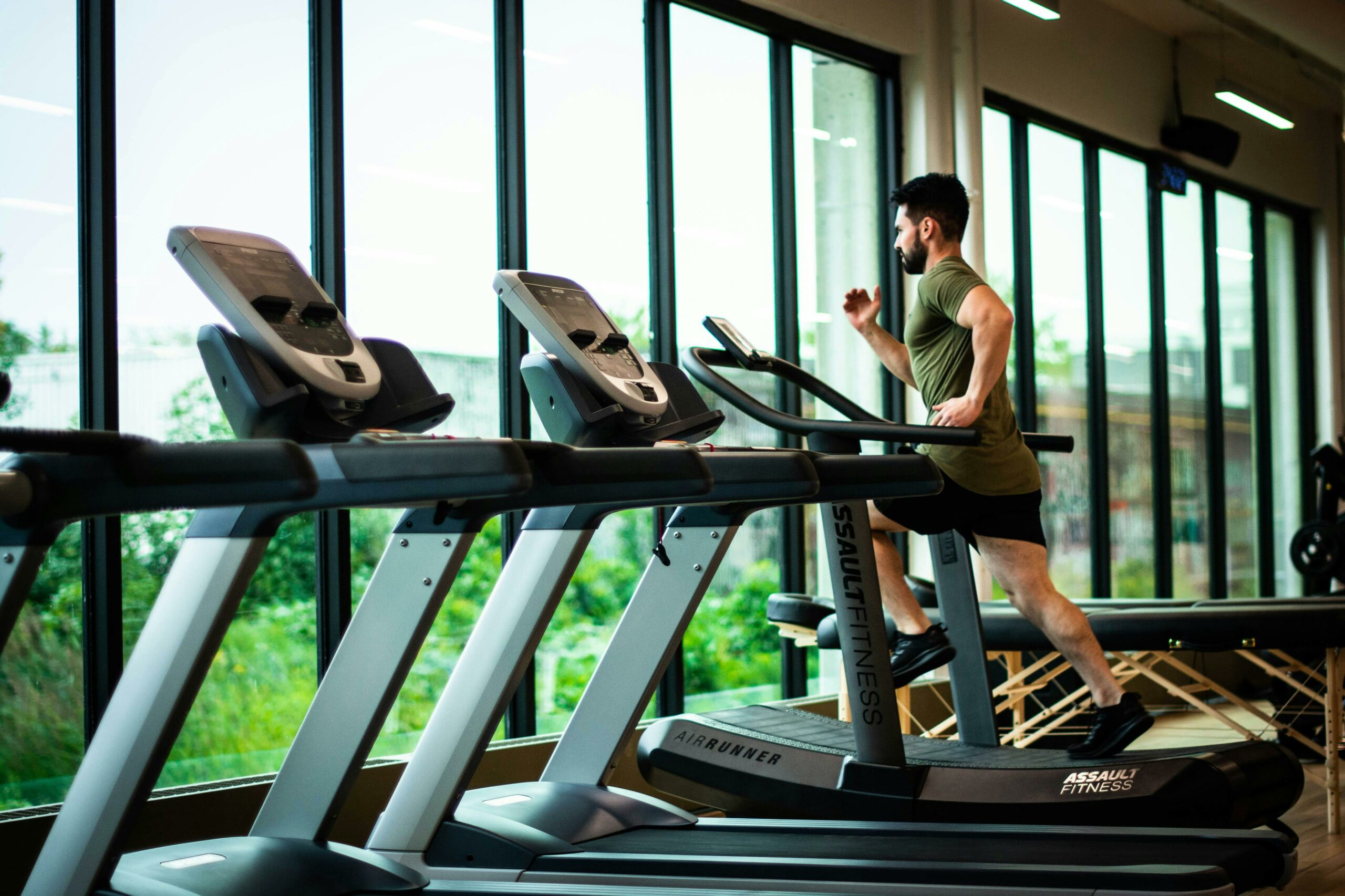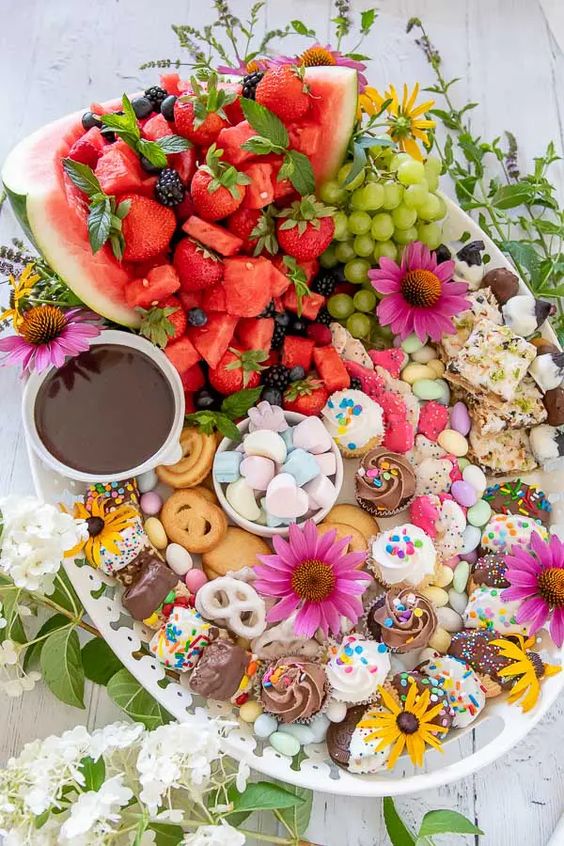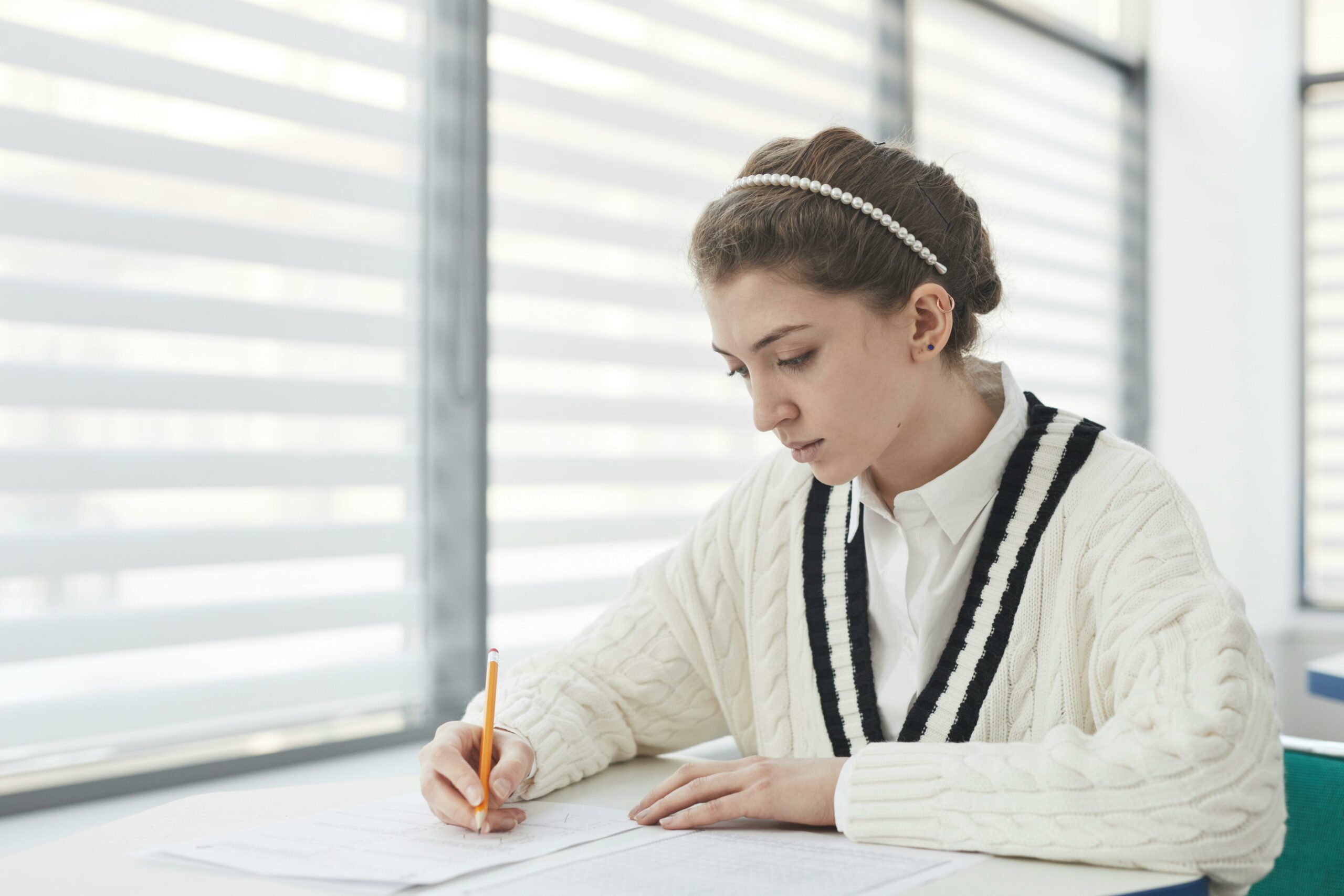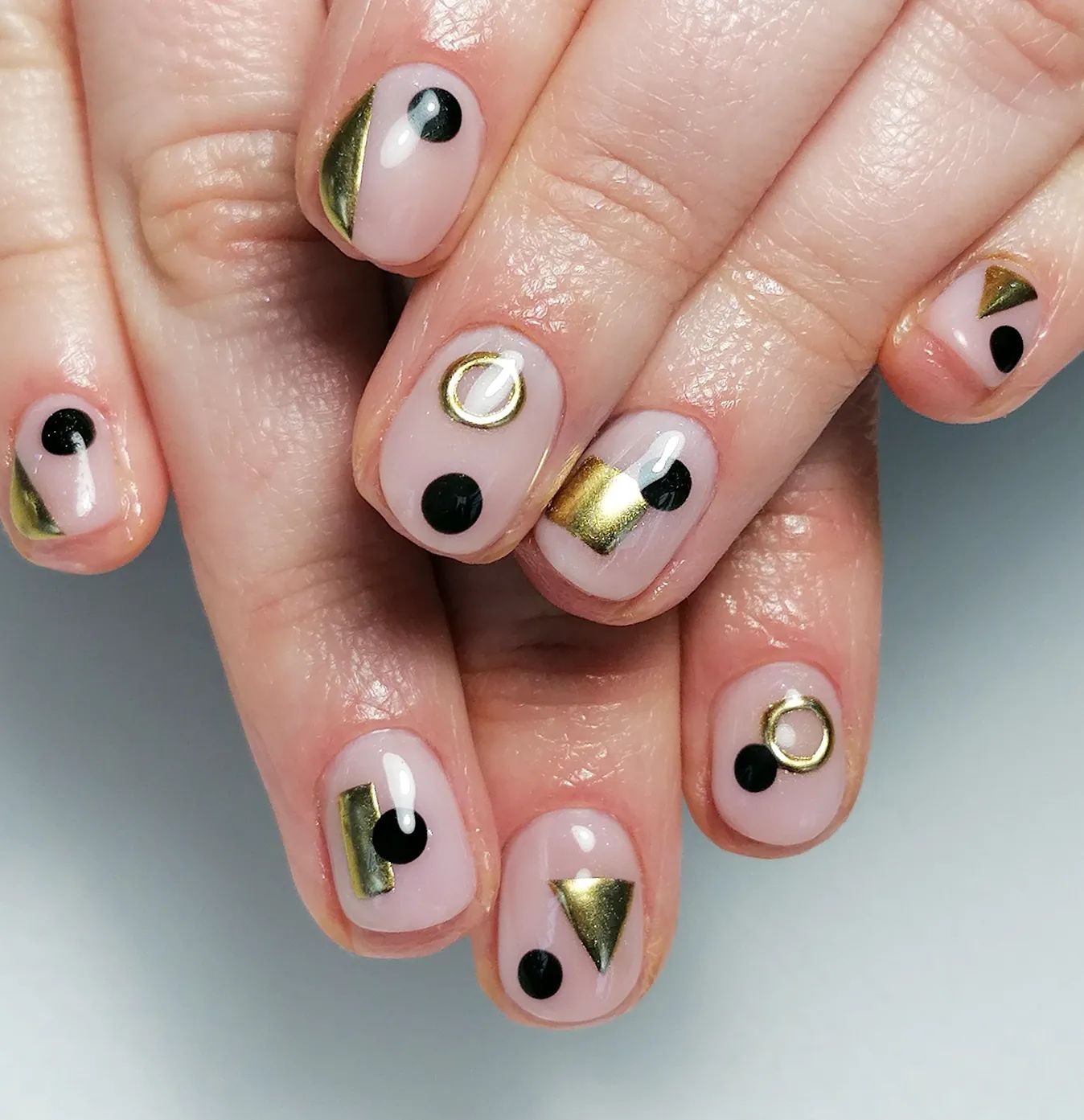It’s likely that you have questions about baby formula feeding your newborn, whether you plan to start formula feeding from birth, supplement your breast milk with formula, or switch from breast milk to formula.
The majority of parents who bottle-feed their babies do not prepare their baby formula safely, according to studies. This can lead to babies being injured, becoming ill, or even dying in extreme circumstances.
The purpose of this post is to offer you a few tips for preparing and storing your baby’s formula safely.
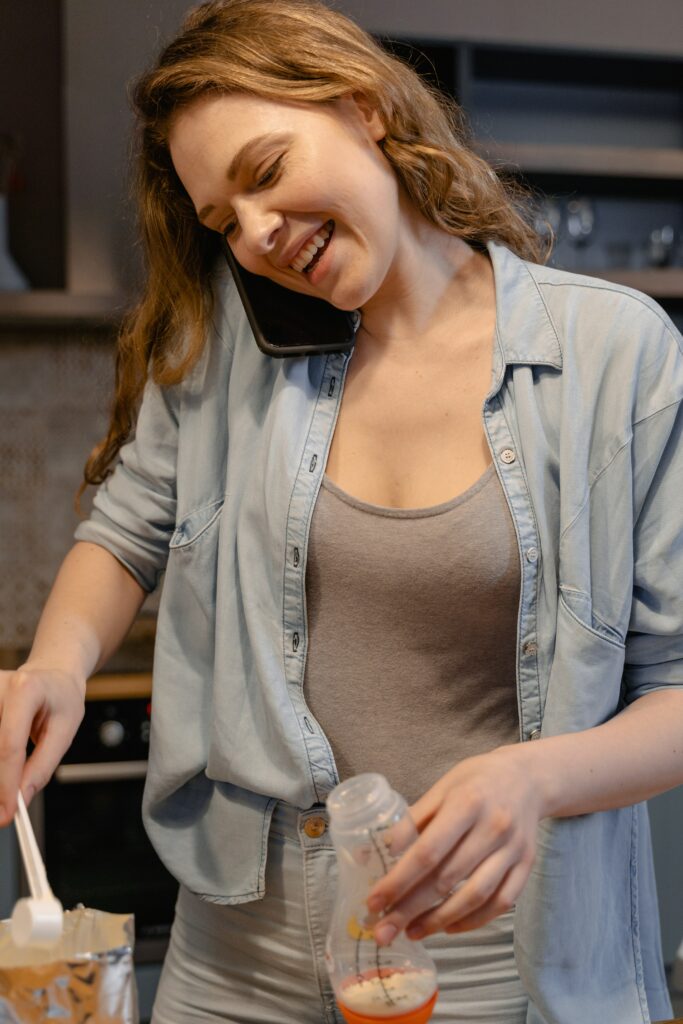
Formula Preparation
Following the instructions on the package of baby formula is important when preparing it. Mix the formula correctly and prepare it with safe drinking water.
For formula preparation, follow these steps:
• Make sure your work area is clean before you start making bottles. Make sure to wash your hands well.
• Wash the bottles thoroughly (in the dishwasher or by hand in hot, soapy water) before using them. Sterilize your bottles and bottle parts before using them for the first time by boiling them for five minutes in water, using a microwave steam sterilizer bag, or using an electric steam sterilizer.
• If you’re unsure about the safety of your tap water, use bottled water or boil your water before preparing the formula. When making the formula, boil cold tap water for one minute only, then let it cool to room temperature for no more than 30 minutes.
• A baby formula must be mixed according to the instructions given by the manufacturer.
• Water should always be added before the formula when making a bottle. Mix the formula and water and then attach the nipple and cap. Whenever you prepare a large amount of formula, pour it into individual bottles and store them at the back of your fridge.
• Make sure your baby’s formula isn’t burning his/her mouth by checking the temperature before feeding your little one.
When preparing baby formula, add the required amount of water first, then add the powder. Regardless of which formula you use, you must always measure the powder with the scoop provided in the can/box. Fill the scoop completely. Do not use half scoops or more than one scoop. Don’t add less formula than what’s recommended. It may be harmful to your baby if you do this.
Once the powder has been added to the bottle, close the lid and place the scoop back inside the tin. To minimize the chances of liquid getting into the tin, do this before mixing the formula. It’s best not to wash the scoop to prevent accidentally introducing moisture into the tin if it doesn’t dry properly. In the event that the scoop becomes dirty, you’ll inevitably have to wash it, and ideally sterilize it.
Rather than shaking the bottle vigorously, gently swirl the bottle to mix the formula. By using the shaking method, you are much more likely to introduce air bubbles into the mix, which can result in your baby having gas.
Drip a few drops of the prepared formula inside your wrist to check the temperature. Warm formula is preferred by most babies, but cold or cool formula is better than too hot formula.
If all of that has been done, then you can feed your baby.
Formula Storage
After feeding, any leftover formula must be discarded. In the event that a feed lasts longer than one hour, you should also discard the remaining formula. In addition, powdered formula isn’t sterile, so storing it at room temperature for more than an hour could allow pathogens to multiply to the point of making your baby ill.
As long as the formula is placed in a sterile container, it can be refrigerated for up to 24 hours after it has been at room temperature for less than an hour. Label the outside of the container with the date and time the formula was refrigerated so you know how long it was kept in the fridge. Formulas that haven’t been used within 24 hours should be thrown away.
In order to avoid using the wrong scoop when opening your next tin box of formula, it’s a good idea to throw the scoop away after finishing a tin/box.
Final Thoughts
The information can be overwhelming, but it’s crucial to prepare your baby’s formula carefully because young babies have sensitive tummies that require extreme care. Eventually, you’ll master the art of formula preparation, so don’t be discouraged!
Keep in mind that it’s important to follow all the instructions on how to prepare your baby’s formula and store it safely. Do not reuse leftover formula or use infant formula past its expiration date.
In the event that your child’s diet changes or if you notice any changes in their health, you should consult your pediatrician.

